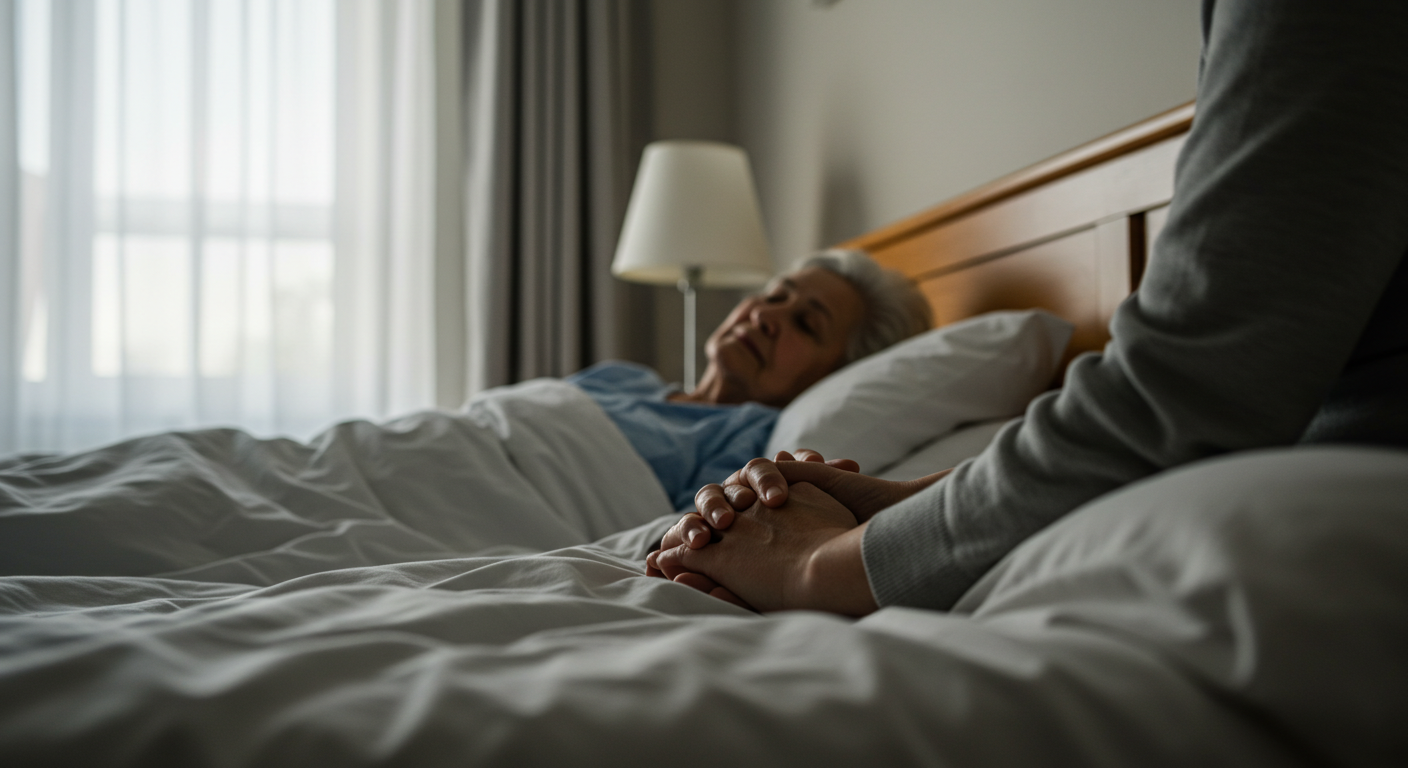Can I Step Away While My Loved One Is Dying?
Yes, you can step away while your loved one is dying, and in many cases, it is not only acceptable but necessary. Providing end-of-life care can be physically draining and emotionally overwhelming. Taking breaks helps caregivers maintain their own health and well-being, which in turn allows them to offer more effective and compassionate support. That said, the decision to step away—especially during the final days or hours—can be emotionally complex and should be approached with thoughtful planning.
Caregivers often feel conflicted when considering time away from a loved one at the end of life. However, taking breaks is crucial to prevent burnout, maintain emotional balance, and preserve physical health. Without rest, even the most devoted caregivers may experience fatigue, anxiety, or depression, all of which can negatively impact their ability to provide care. A well-rested caregiver is better positioned to make decisions, offer emotional support, and engage with their loved one in meaningful ways.
There are several ways caregivers can step away without leaving their loved one unsupported. Respite care is one option that offers temporary relief, ranging from a few hours to several days. These services may be arranged through a hospice agency or a local healthcare provider and are often covered under the Medicare hospice benefit. Respite care enables caregivers to handle personal tasks, attend important appointments, or simply get the rest they need. One caregiver, Bill Sunderlin, who supported his wife through Alzheimer’s care, used respite services to take a mental break—going to the movies, attending baseball games, or riding his bike to reset emotionally before returning to the bedside.
Another approach is to enlist the support of family members and friends. Coordinating care shifts or asking others to spend time at the bedside can provide much-needed flexibility. Involving others also helps distribute emotional labor and can foster a sense of shared responsibility, reducing the isolation that many primary caregivers experience.
Professional care services also play a valuable role. Hospice teams typically include nurses, aides, social workers, and volunteers who can step in when the caregiver needs to step away. In some cases, families may choose to hire private caregivers to provide overnight care or support during particularly intense periods. These professionals are trained to manage the complex medical and emotional needs of people at the end of life and can provide reassurance when the family cannot be present.
Of course, stepping away can be emotionally difficult. Many caregivers experience guilt, worrying that they are abandoning their loved one. Some feel anxious about missing critical moments or being unavailable when needed most. Others may feel a sense of relief, which can bring its own form of guilt. It’s important to understand that these feelings are valid and common. Taking care of yourself is not selfish—it is an essential part of sustainable caregiving. A break does not erase your commitment; it simply reinforces your capacity to be there more fully when you return.
There are also times when staying may feel more appropriate. If your loved one is agitated, confused, or appears to be in their final hours, your presence may be deeply meaningful to them. Some people express a clear desire not to be alone, while others may pass peacefully when no one is present. Everyone’s journey is different, and families should feel empowered to make choices based on what feels right for their situation.
If you do decide to step away, it’s helpful to plan your absence with intention. Let the hospice team know about your plans so they can provide coverage or additional monitoring if needed. Ensure that someone trustworthy is present during your absence, and provide clear instructions for medications, emergency contacts, or any comfort measures your loved one may require. Keep your phone accessible so that you can be reached quickly if anything changes.
In the end, stepping away during end-of-life care is a deeply personal decision that should consider both the caregiver’s needs and the comfort of the person who is dying. It is possible to take meaningful breaks without compromising the quality of care. By using respite services, leaning on friends and family, and trusting in professional hospice teams, caregivers can find balance and preserve their own well-being. Remember, caregiving is not just about physical presence—it’s about consistent compassion, intention, and love. Taking time to care for yourself is not only acceptable; it’s necessary.



